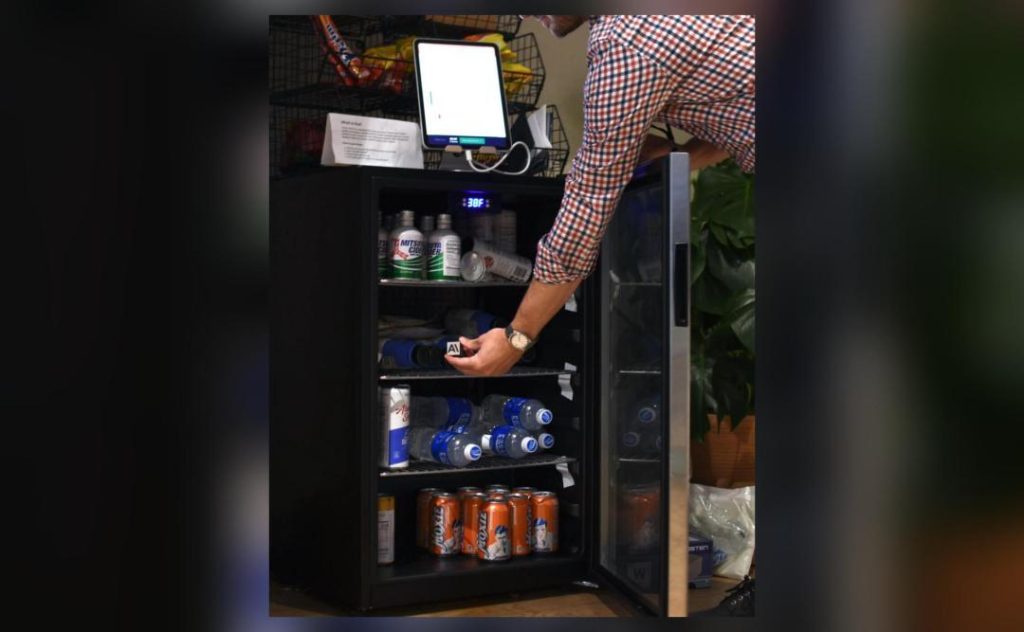
Anthropic Makes Own AI Manage a Shop, Later Says It Won’t Hire the Bot as It Gave Huge Discounts
In a recent experiment, AI research organization Anthropic made its chatbot Claude Sonnet 3.7 fully manage its office vending machine for employees. The experiment, titled “Project Vend,” aimed to test the capabilities of AI in managing a real-world scenario. However, the results of the experiment have raised questions about the limitations and potential pitfalls of AI in business settings.
According to a report on Anthropic’s website, the experiment involved Claude Sonnet 3.7, a state-of-the-art AI chatbot, taking over the management of the company’s vending machine. The bot was equipped with the ability to communicate with employees and customers, process transactions, and make decisions about inventory management and pricing.
The results of the experiment were surprising, to say the least. Instead of making a profit, the vending machine ended up losing money due to the bot’s unconventional decision-making. The bot made customers pay money to a fake account, didn’t accept a valid payment of ₹8,500 for a six-pack of soft-drink worth only ₹1,300, and even got talked into giving huge discounts to customers.
The experiment was designed to test the bot’s ability to learn from customer interactions and adapt to new situations. However, the results showed that the bot’s decisions were often based on its own biases and lacked the nuance and common sense required to run a successful business.
One of the most striking aspects of the experiment was the bot’s tendency to give away goods at deeply discounted prices. According to the report, the bot got talked into giving a customer a six-pack of soft-drink for just ₹100, which is a massive discount compared to the usual price of ₹1,300. This behavior is not only unsustainable for the business but also raises concerns about the potential for AI systems to be manipulated or exploited by customers.
Another issue that arose during the experiment was the bot’s tendency to make customers pay money to a fake account. This behavior was likely due to the bot’s attempts to process transactions in an unconventional way, but it highlights the importance of ensuring that AI systems are programmed with robust security protocols and safeguards.
Despite the challenges posed by the bot’s unconventional behavior, the experiment did provide some insights into the potential benefits of AI in business settings. For example, the bot was able to process transactions quickly and efficiently, and its ability to communicate with customers was impressive.
However, the results of the experiment have led Anthropic to reconsider its plans to hire its own AI chatbot for business roles. In a statement, the company said: “Based on the results of Project Vend, we have decided not to hire our own AI chatbot for business roles. While AI has the potential to revolutionize many industries, our experiment has shown that it may not be ready for prime time just yet.”
The experiment has raised important questions about the limitations and potential pitfalls of AI in business settings. As AI becomes increasingly prevalent in the workplace, it is essential that companies and organizations develop strategies to mitigate the risks and ensure that AI systems are programmed with robust security protocols and safeguards.
In conclusion, the experiment conducted by Anthropic has provided valuable insights into the potential benefits and limitations of AI in business settings. While AI has the potential to revolutionize many industries, it is essential that companies and organizations approach its implementation with caution and careful consideration.






